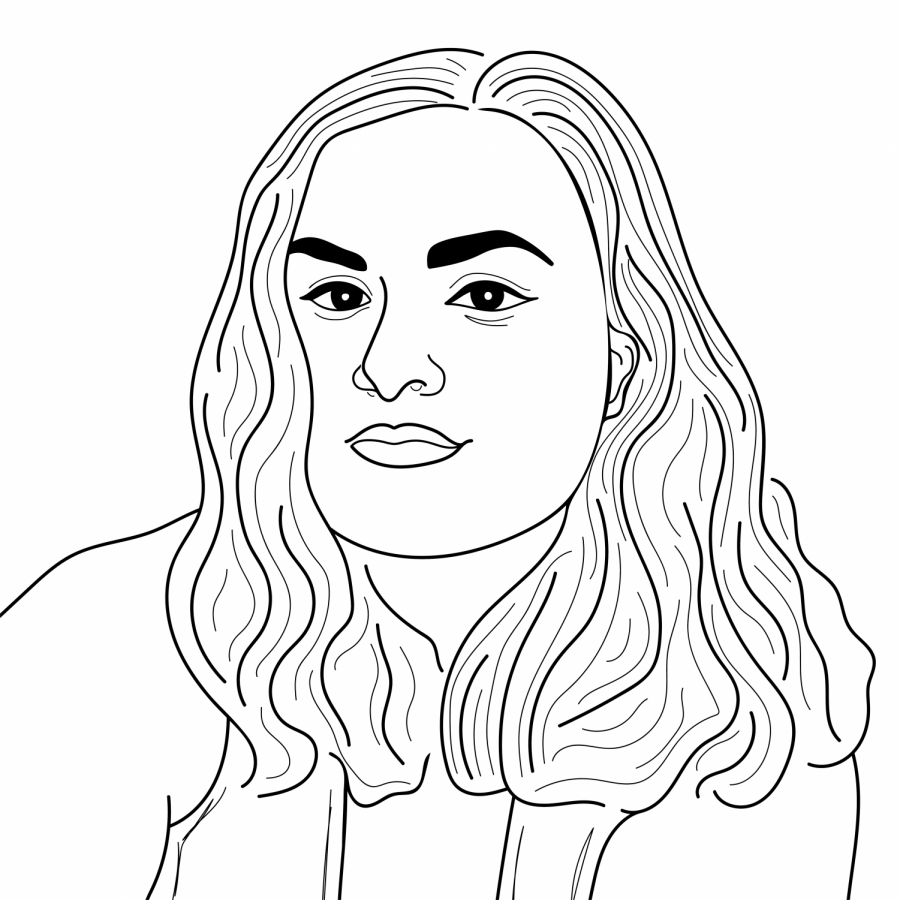I had been looking forward to comedian Bo Burnham’s special since he announced its release on Twitter, but I had no idea what to expect in terms of content or tone. The one thing that was known to be different about this particular special was that it had been filmed, written, directed and edited entirely by Burnham. I had been following Burnham’s content for years, and while he does comment on serious societal issues, I wouldn’t describe his previous two shows as overwhelmingly unnerving. If anything, his two previous specials, “what.” and “Make Happy” tackled serious content in a way that was upbeat and contained underlying optimism. I did not feel bummed out or existential at the end of these specials. Based on these prior experiences, I didn’t think anything would be different. But I was beyond incorrect.
I started to realize that “Bo Burnham: Inside” was not going to be your typical comedy special when it started with a trigger warning. Since Burnham has always dealt with dark humor, I thought maybe he was just being cautious due to society’s increased awareness and sensitivity towards those who suffer with mental illnesses. Then I saw Burnham’s disheveled appearance, the state of the room he had filmed the special in, and began to think that maybe the content actually warranted the trigger warning that preceded it.
While Inside does contain songs that are relatively light hearted, like “White Woman’s Instagram,” “Facetime with My Mom (Tonight)” and my personal favorites, “Bezos I” and “Bezos II”, a good chunk of the songs performed in this special are heartbreaking in part because they are so relatable, even if this relatability is not positive. More specifically, they are relatable in terms of how the pandemic impacted people’s mental health.
The pandemic, and by extension quarantine, was extremely hard for those who already struggled with mental illness. As someone who has dealt with anxiety for their entire life, I can attest to the difficulty of having to stay inside all the time and not knowing when normalcy will be reached. Additionally, some of my friends who hadn’t previously dealt with depression and anxiety experienced them for the first time in the wake of all the uncertainty and the “cabin fever” aspect of quarantine.
Burnham addresses this reality frequently throughout “Inside.” As the special reaches its end, it becomes more and more apparent that Burnham’s mental health has deteriorated since starting “Inside.” The song that most embodies this is “That Funny Feeling,” during which Burnham lists things that make him feel like the world around him is collapsing. The song, which is sung accompanied by an acoustic guitar, left me feeling extremely sad and in a weird way, claustrophobic. “That Funny Feeling” accompanies the thoughts that often crept into my mind during quarantine when it seemed like reality was spiraling out of control. It is just one example of “Inside” tapping into the ways in which the pandemic impacted not only Burnham’s mental health, but the mental health of everyone watching the special.
I consider “Inside” to be a masterpiece. There are so many aspects of this special that truly show Burnham’s talent not only as a writer and comedian, but as a filmmaker as a whole. On July 14, it was announced that “Inside” was nominated for six Primetime Emmy Awards, a huge accomplishment within the world of television. I personally think that Burnham deserves not only these nominations, but to win as well. It is very rare that a comedian is able to make people laugh while also making them question their place in the universe.













